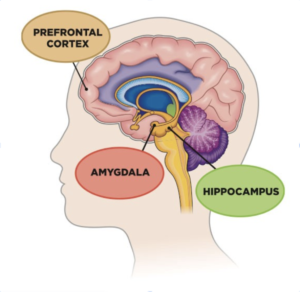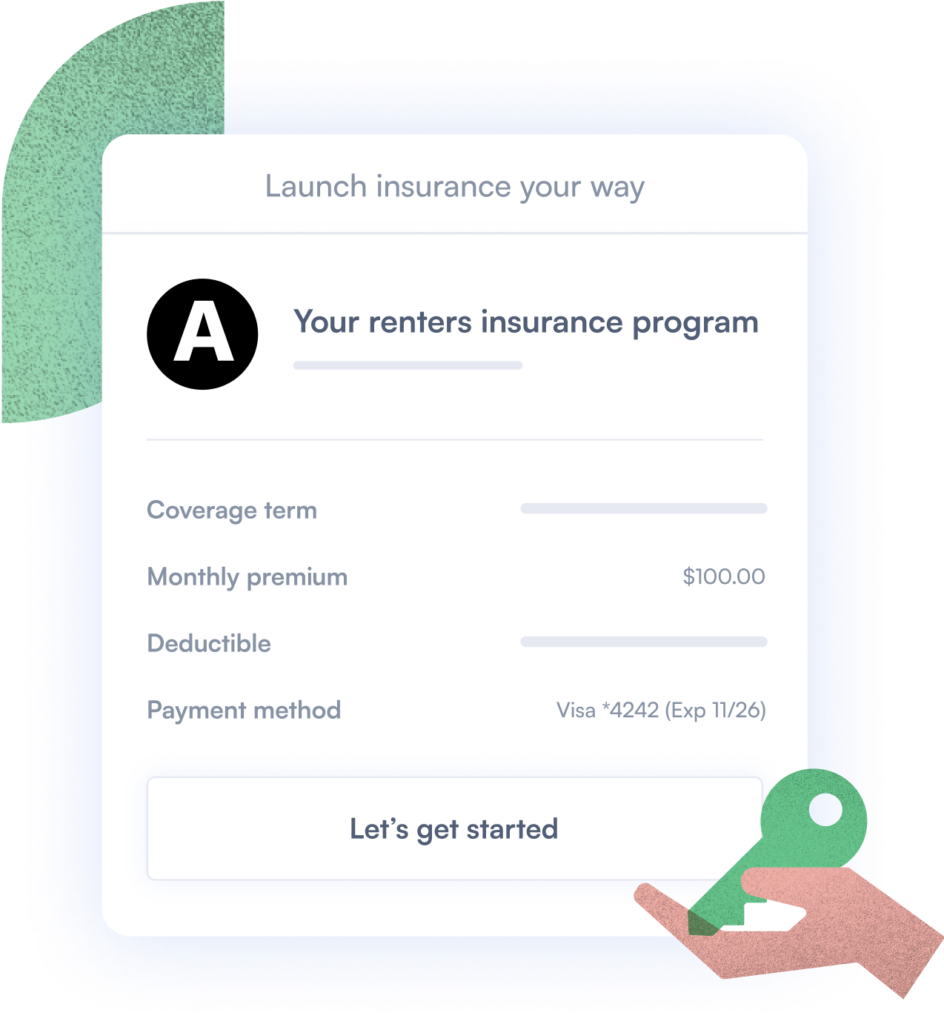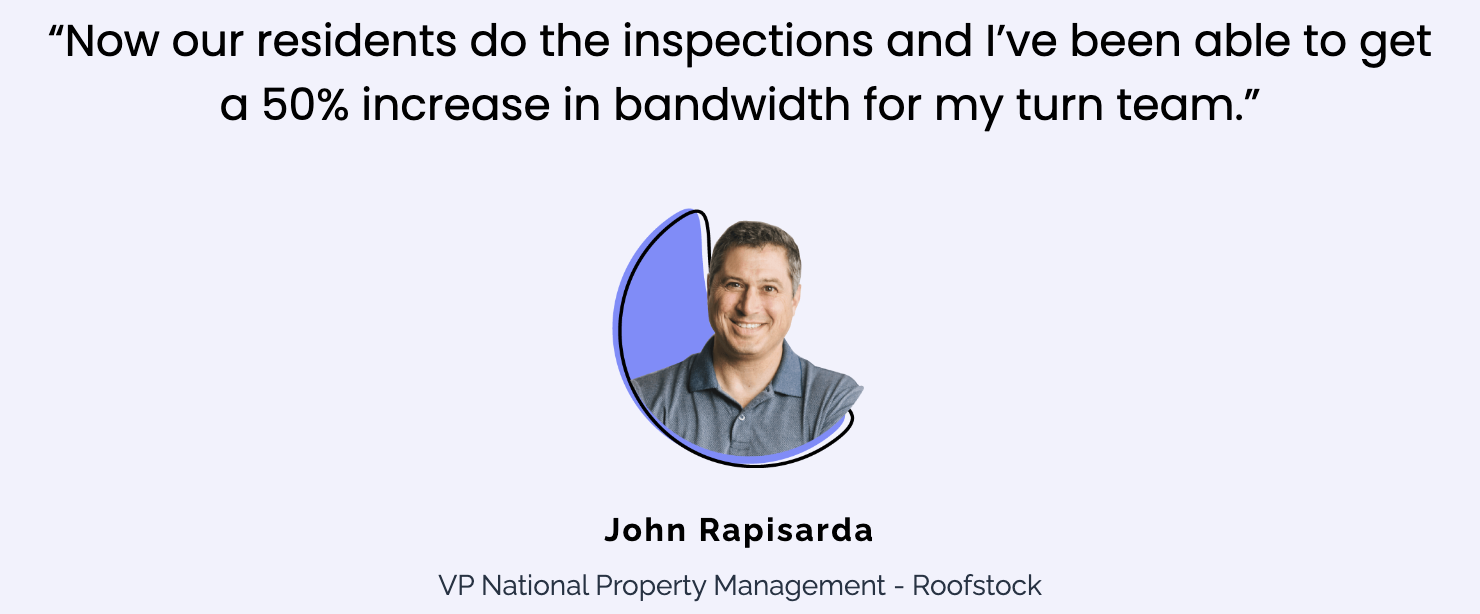Do you ever feel stressed out?
Did you know stress can lead to worse decision-making? And make you less creative? And less capable of solving problems? None of those traits seem helpful for an entrepreneur.
How Can Brain Science Make You a Better Entrepreneur?
I recently experienced the birth of my first child (a stressful transition, to be certain!). One of the books my wife and I read was The Self-Driven Child. In the book’s opening chapter there was a great section outlining the connection between your brain’s structure and stress. I felt this was an excellent description and applicable to anyone who wants to be less stressed. I’ll summarize the key points below:
What Causes Stress?
Sonia Lupien of the Canadian Center for Studies on Human Stress developed a simple acronym: NUTS. Which stands for:
Novelty – Something new you have not experienced before.
Unpredictability – Something you had no way to anticipate.
Threat to the ego – Your safety, self-worth, or competence is at risk.
Sense of control – You feel you have no control over a situation.
Sounds like the life of a startup employee or entrepreneur to me! If you’re experiencing any of these situations, you’re likely feeling stressed. Being that our emotional states are linked heavily to our physical ones, too much stress can also lead to a weakened immune system making it easier to get sick. There’s even research suggesting that prolonged exposure to these situations can have long-lasting impacts even after you’re no longer in the stressful situation (think PTSD).
But is all stress bad? Not necessarily. In “The Upside of Stress”, psychologist Kelly McGonigal, makes a case for how stress can be a good thing if managed properly. We can start to unpack how to do this by understanding the types of stress we experience.
The 3 Types of Stress
- There is positive stress that motivates you to grow and excel. Think about the mixture of nervousness and excitement you experience before giving a speech or making a presentation. Typically this is manageable and even helps clarify your focus and thinking.
- There is also tolerable stress, which is intense but occurs for a relatively brief period of time. With tolerable stress, people actually become more resilient towards future stressful situations. Think of a firefighter going through practice drills.
- Finally there is toxic stress, which is severe stress that is either great intensity or extremely long duration without support to get through it.
So how can you handle stress better? If you want to be primed for making good decisions, being creative, or just being an overall happy and satisfied person, it is helpful to understand how your brain processes stress so that you can effectively manage it in a healthier way.
There are four major systems to think about when it comes to stress and its effect on your brain.
- The Executive Control System (Prefrontal Cortex)
- Stress Response System (Amygdala & Hippocampus)
- Motivational System (Regulates dopamine levels)
- Resting State System (The processing center)

Executive Control System
“The executive control system is largely governed by the prefrontal cortex[. The prefrontal cortex is] the seat of planning, organization, impulse control, and judgment. When we are calm, fully rested, and in control–when we are in our right minds–our prefrontal cortex is monitoring, organizing, and regulating much of the brain. In fact, the key variable in determining the extent to which we become stressed by life experiences is how much the prefrontal cortex perceives itself to be in control.”
The key word here is “perceive”. Studies have shown that those who believe that stressful situations are insurmountable are more likely to experience the toxic kind of stress. Those who believe stress can be healthy and overcome are more likely to experience more positive stress. This shows the power of the mind and our ability to self prophesize our future depending on how we mold our perception of our experiences. The difference is all in the prefrontal cortex.
The prefrontal cortex is very sensitive to certain brain chemicals–specifically dopamine (which makes you feel good and motivated) and norepinephrine (which makes you alert and vigilant).
Raise these a little bit and you become more focused and increase your performance. Raise them too much and the prefrontal cortex effectively shuts down. When your prefrontal cortex isn’t functioning properly you cannot think clearly, will act impulsively and make bad decisions.Too much stress shuts down your prefrontal cortex. Or, more succinctly:
More stress = Dumb decisions
Stress Response System
This system is made up of several different brain structures: the amygdala, hypothalamus, hippocampus, and the pituitary and adrenal glands.
“The amygdala, a primitive emotional processing center that is acutely sensitive to fear, anger, and anxiety, is a key part of the brain’s threat detection system. It doesn’t think consciously; it senses and reacts. Under high stress, the amygdala is the one in charge. Under the amygdala’s reign, our behavior tends to be defensive, reactive, inflexible, and at times aggressive. We’re inclined to call back on habitual patterns or instinct, as our animal nature prepares us to fight, flee, or freeze like a deer in the headlights.”
When the amygdala is activated it sends signals to the hypothalamus and the pituitary gland, which in turn activate the adrenal gland. The adrenal secretes… you guessed it… adrenaline. Adrenaline can give you superhuman reflexes or strength (yes, really).
All of this happens much faster than conscious thought. Which makes sense–if our ancestors’ survival depended on their reaction time in dangerous situations (e.g. fighting a saber-toothed tiger), then the hunter-gatherer who stopped to think and evaluate the situation didn’t reproduce. He was saber-toothed tiger lunch. Evolution dictated that you physiologically cannot think clearly under stress.
Now, in a healthy Stress Response System, there is a quick spike in stress hormones and then a quick recovery. That type of quick recovery is good and healthy training for your brain and its response to stressful situations. That’s good… if your Stress Response System is healthy. Though, stay stressed too long and your adrenal gland starts to secrete cortisol. Too much cortisol in your brain for too long and the cells in your hippocampus start to weaken and eventually die. Your hippocampus creates and stores your memories and an important part of learning. Too much stress and you cannot process or learn new information.
The hippocampus is also critical for shutting down your stress response. It can help you remember that you have survived this situation before and that things will be okay. It gives you context and puts things into perspective. If too much stress damages your hippocampus, then more stress makes you less capable of handling stress in the future. Also, with chronic stress, the amygdala actually grows larger in your brain, making you more vulnerable to future stress.
Remember: stress says “Move over prefrontal cortex! Instinct and raw emotion is in charge now!”
Motivational System
Remember how the prefrontal cortex is sensitive to dopamine? This system regulates how much dopamine is released in your brain. It gets triggered by anything that is rewarding. Earn a promotion? Close a big sale? That will increase dopamine. Low dopamine levels are associated with boredom, low effort, and low motivation. Increased stress levels inhibit your ability to produce dopamine over time, leading to lower overall motivation. More stress makes you less motivated to perform.
Resting State System
Did you know that there’s a part of your brain that’s most active when you just let your mind wander? It’s huge, too–it takes up 60-80% of your brain’s energy. This is the Resting State System, also known as the default mode network. This network is actually turned off when another part of your brain is focusing your attention. Think about that: this is the part of your brain that expends more energy than the rest of your brain combined, and when you’re focusing your attention on something it shuts down. What does this default mode network do then?
“[Y]our default mode network is projecting the future and sorting out the past. It’s processing your life. It activates when we daydream, during certain kinds of meditation, and when we line in bed before going to sleep. This is the system for self-reflection, and reflection about others, the area of the brain that is highly active when we are not focused on a task… A healthy default mode network is necessary for the human brain to rejuvenate, store information in more permanent locations, gain perspective, process complicated ideas, and be truly creative. It has also been linked in young people to the development of a strong sense of identity and a capacity for empathy.” (emphasis in original)
As you can guess, stress also inhibits the default mode network’s ability to function. I’d also wager that there’s a feedback loop where a weak default mode network makes you more susceptible to stress.
I know for me personally, if I’m having trouble being creative, processing complex ideas, or having perspective, then I get more stressed. And that extra stress clearly makes me less capable of those tasks too–making me more stressed! Round and round it goes, causing a vicious, self-feeding stress-spiral. So how do you get off this ride?
Detoxing Your Stress
Well, the default mode network offers some clues. It’s what repairs your brain. It’s what grounds your sense of self. It’s what enables all of your creativity and complex problem solving. It seems to me like the best thing you can do for yourself is to exercise your default mode network.
But how can you exercise it if it literally shuts down when you focus on something?
- Get some rest.
- Sleep.
- Turn off your phone.
- Let your mind wander.
- Relax.
You must design a life that allows your default mode network to take over. If you’re answering every text message, phone call, or email your mind will never rest. You will heighten your stress. Eventually your will build up too much cortisol and you will kill off the parts of your brain that allow you to be creative, excel, and solve challenging problems. I don’t see this as just good advice, I see it as essential to a healthy and happy life.
If you’re a property manager and a landlord and you still take late night emergency calls, Latchel can help you relieve a major stressor in your life right now. Let us take that stress off your plate so you can excel and reach your full potential.
















